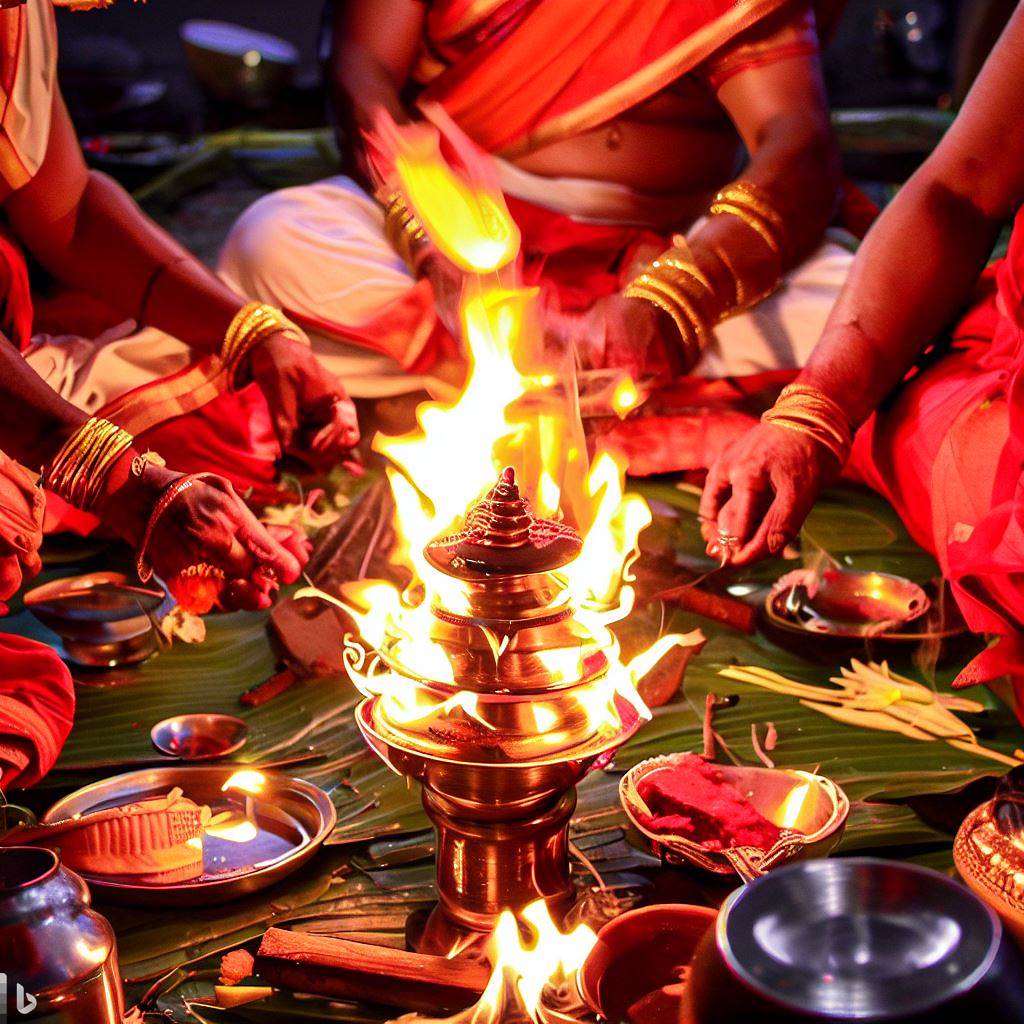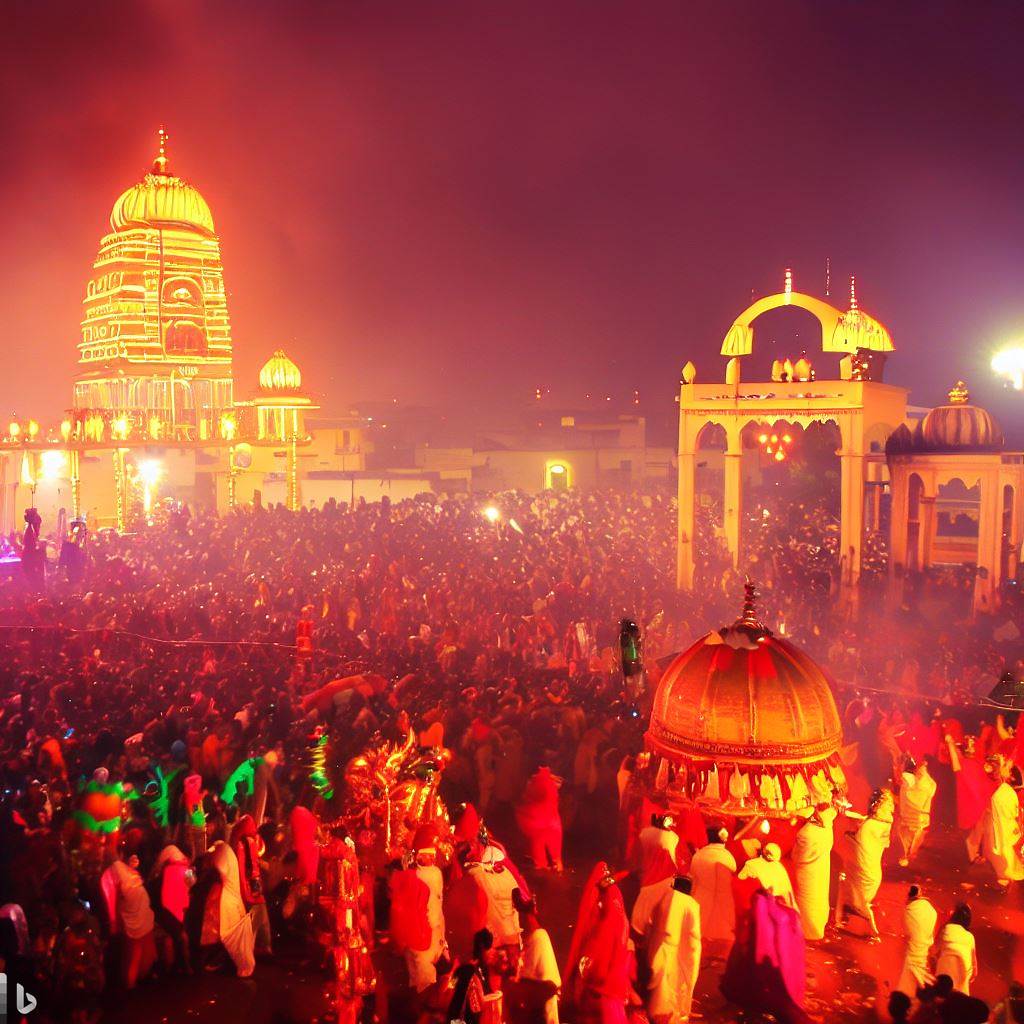India, a land of diverse cultures and traditions, is renowned for its vibrant and elaborate rituals and festivals. Rooted in ancient customs and beliefs, these rituals and festivals hold profound significance in the lives of millions of people across the country. Each event is a celebration of faith, unity, and the shared cultural heritage that binds the people of India together.
The Importance of Rituals:
Rituals are an integral part of daily life in India. They are a way to connect with the divine, seek blessings, and express gratitude. These rituals are often passed down through generations, preserving the essence of India’s rich cultural history. From simple practices like lighting incense and offering prayers at home shrines to elaborate ceremonies conducted in temples, rituals are diverse and vary across different regions and religions.
Festivals: A Kaleidoscope of Colors and Joy:
Indian festivals are a kaleidoscope of colors, music, dance, and revelry. They mark various occasions, such as harvest seasons, religious milestones, historical events, and celestial happenings. One of the most famous and widely celebrated festivals in India is Diwali, the festival of lights. During Diwali, homes are adorned with oil lamps and colorful rangoli designs, symbolizing the triumph of light over darkness.


Religious Diversity and Unity:
India’s religious diversity is a defining characteristic that is beautifully showcased through its rituals and festivals. Hindus, Muslims, Christians, Sikhs, Buddhists, Jains, and many other communities coexist harmoniously, each celebrating their unique traditions. These celebrations often transcend religious boundaries, fostering a sense of unity and understanding among people of different faiths.
Social and Cultural Significance:
Beyond their religious context, Indian rituals and festivals play a crucial role in shaping the social and cultural fabric of the nation. They serve as platforms for strengthening family bonds and fostering a sense of community spirit. Festivals like Holi, the festival of colors, bring people together, breaking barriers of caste and class, as everyone participates in the joyous revelry.
Preservation of Traditions:
While India is rapidly modernizing, its age-old rituals and festivals remain an essential part of the nation’s identity. Efforts are made to preserve these traditions and pass them on to future generations. Cultural organizations, educational institutions, and communities work together to ensure that the essence of these celebrations is safeguarded.
Tourism and Global Appeal:
Indian rituals and festivals have not only captivated the local population but also attracted the attention of travelers from around the world. Tourists flock to India to witness and experience the grandeur of events like the Kumbh Mela, a mass pilgrimage and religious gathering, which is considered one of the largest human gatherings on earth.
The rituals and festivals of India form a vivid tapestry that showcases the country’s diversity, spirituality, and cultural richness. They provide a glimpse into the heart of the nation and its people, revealing a harmonious blend of ancient traditions and contemporary celebrations. These rituals and festivals continue to inspire awe and admiration, fostering a sense of pride in the cultural heritage of India. As they persistently thrive in the modern world, they reinforce the belief that some traditions are timeless and forever etched in the soul of the nation.
